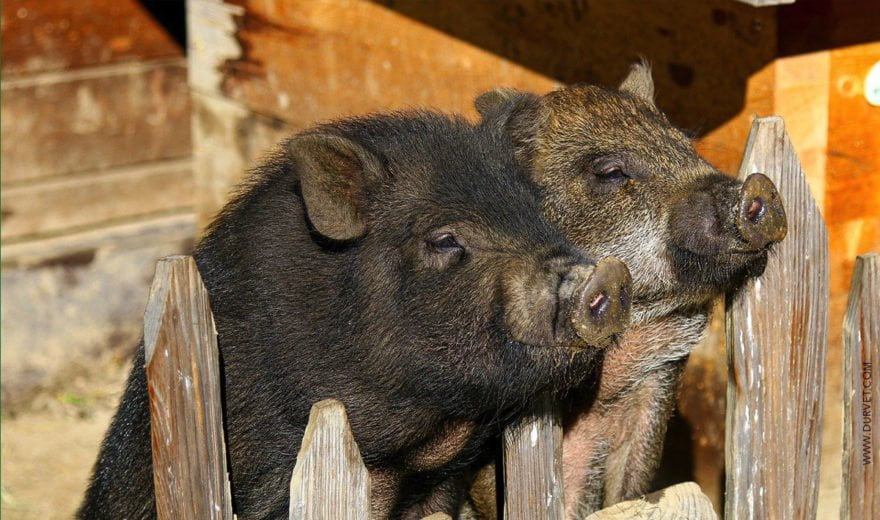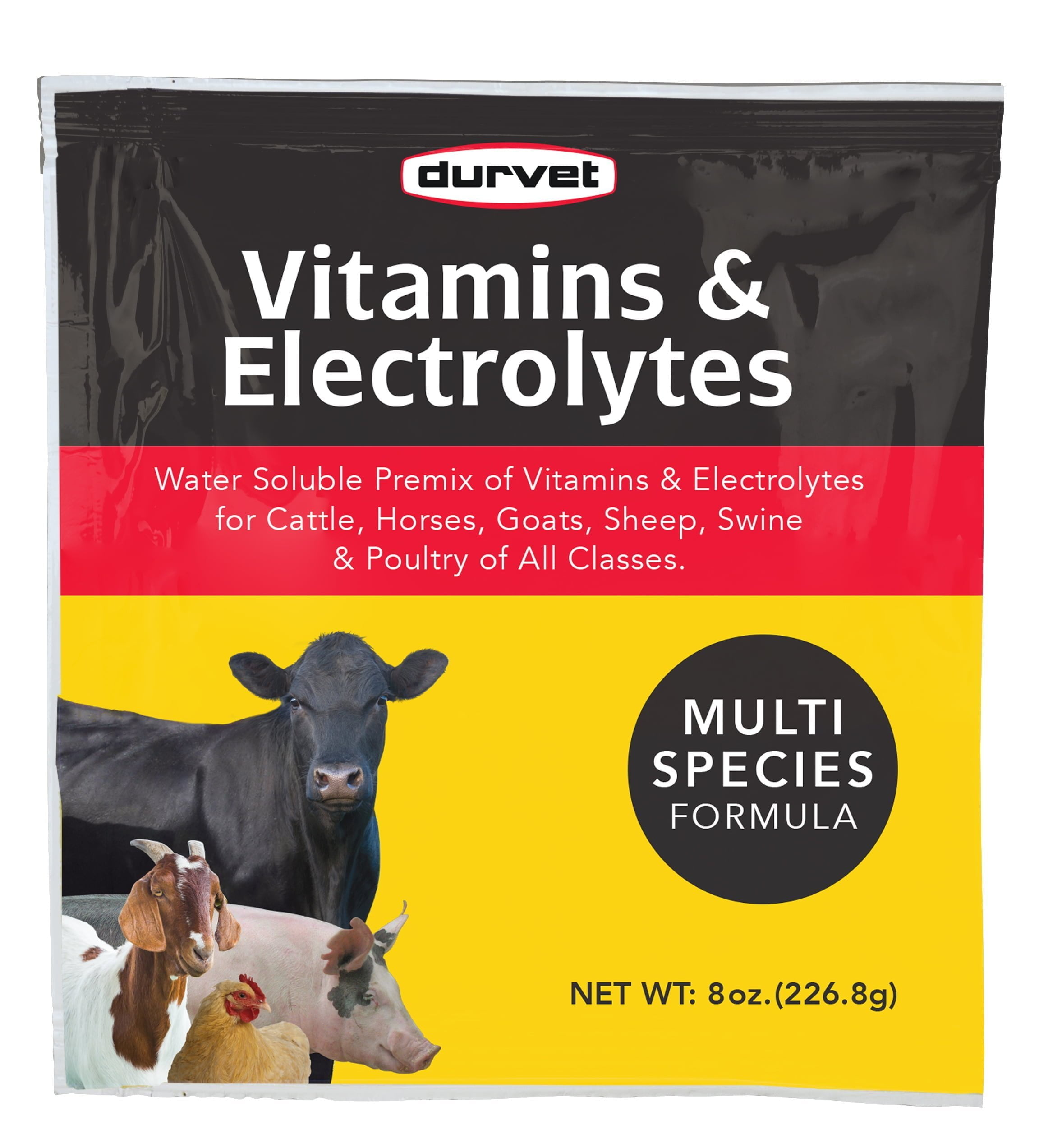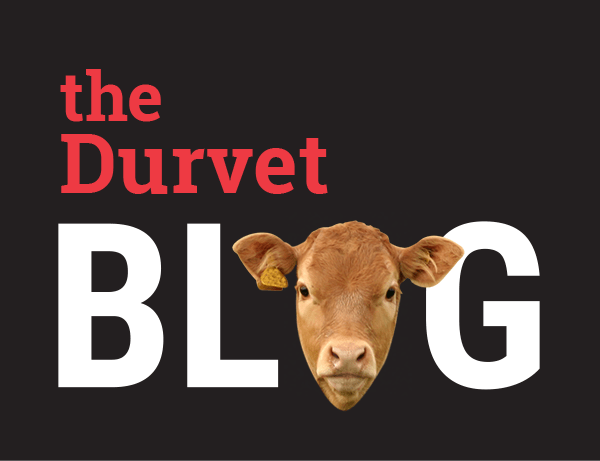
Adopting a pet pig isn't a decision that should be taken lightly. Over the last decade or so, the "mini" pig has become increasingly popular as a household pet. A combination of Instagram posts with cute piglets and even celebrity pig parents could be the reason why so many people want pigs as a pet. They are also hypoallergenic and work well as support and therapy animals. While they can make great pets, they can grow up to 200 pounds and have unique behaviors and care needs. Before making the decision to adopt a pet pig, it is best to do your research and learn everything you need to know about different pig breeds, costs and care needs.
Breed Basics
While some refer to their pets as mini, teacup, pixie or micro, none of the breeds are regulated, so it's pretty tough to know how big your "mini" pig will get. Your best bet is to visit your pig's parents to see how big they are. Also, keep in mind that "miniature" is relative to larger hogs on production farms, which hover around 600 pounds. There are about 15 to 20 different breeds of mini pigs, and they average anywhere from 60 to 200 pounds and live up to 25 years!
Along with getting to know a pig before bringing it home, it is a good idea to visit multiple breeders and research different varieties and what to expect from each breed before bringing home a new pet. There are also many pig rescues with pigs that need homes. Unfortunately, many owners give their pig up for adoption after a year or two once they realize they can't give them the proper care. There are other benefits to adopting - shelters will only adopt out pigs that are healthy and well-socialized so you are less likely to deal with a pig with behavior issues.
Care Needs
An ideal place for a pet pig would be a home with a fenced-in backyard where your pig would be able to dig around in the grass and dirt. If your pigs stays indoors, make sure they have a stimulating environment to root around in. Make several boxes filled with treats, wrap treats in towels, newspapers and other things your pig can root around in.
A pet pig diet is one of the most important parts of pig parenting. Pigs grow so quickly that poor nutrition can lead to major health problems, even death. Keep your pet pig on a balanced, pelleted diet formulated by your breeder, adoption facility or veterinarian. When it comes to snacks and treats, you want to avoid processed or high-sugar foods. Low-sugar fruits and veggies make the best and healthiest treats for your pig.
Depending on your pig's age, size, activity level and general health, pigs should be fed twice a day and receive about 1 to 1 1/2 cups of food each feeding. You should avoid feeding dog and cat food as well as unhealthy table scraps. Keep in mind that pigs kept outside will graze, so you will have to adjust their pelleted diet based on how much grass is ingested. Also, always make sure your pig has access to clean water.
Potbellied pigs are hypoallergenic and don't smell, so you don't need to bathe them often. Since pigs have hair instead of fur, shedding is very minimal. However, you will need to occasionally groom their hooves. Hoof care can be done by a pet parent or a veterinarian. It is best done when the pig is relaxed, but they are known to let you know when they are unhappy! A few snips here and there throughout the year should do, as hooves that are left too long can cause damage to a pig's feet.
Behavioral Traits
Pet pigs are a major responsibility, but the rewards are worth it if they behave properly in the home. Pigs are highly intelligent, but not very affectionate. They learn very quickly and once a behavior is learned, they don't unlearn that behavior. This is why it's very important not to spoil your pig or let them be the head of the household. They respond to both positive and negative reinforcement and know how to manipulate their owners into getting what they want. Pig's aren't terribly destructive pets, but they do sometimes root indoors, so be sure you have a designated area for them to root to avoid distressing in flooring or furniture.
Pigs are also highly social creatures. They have high social needs and if they aren't met, it can cause bad behavior. If you are thinking about getting a potbellied pig, there is a high chance you might end up with two! Pigs can also make friends with dogs and cats, but the relationship should be closely monitored and it will take time.
Ready to Adopt?
If you feel a pig is a good fit for your family and want to bring one home, make sure you are going through a reputable breeder or rescue organization. Also, it is important to consider your current pets and children. While the pig may get along with your pets just fine, either pet could become aggressive, so give the relationship time and monitor closely. If you are willing to put in the work for training, you'll get the reward of a great pet pig!
With any adoption, you'll want to make sure all paperwork is in order. This includes all contracts between you and the breeder or rescue, as well as information about the pig's health, feeding and housing requirements and vaccination status.
Sources: Good Housekeeping, Tractor Supply

 BACK TO MAIN BLOG
BACK TO MAIN BLOG 

Comment